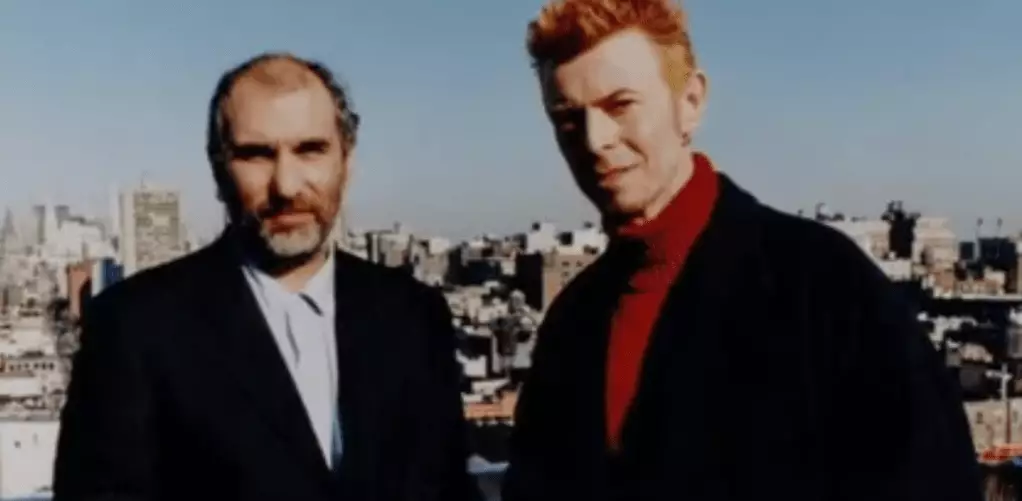Alan Yentob, the iconic BBC producer who made indelible contributions to British culture, has passed away at the age of 78. His death marks not just the loss of an influential figure in television, but also the end of an era characterized by unprecedented creative vigor. The heartfelt tributes pouring in from colleagues, friends, and cultural icons underscore the profound impact Yentob had on the arts and media landscape. Yentob, known for his eclectic spirit, was described by his wife, Philippa Walker, as “curious, funny, annoying, late, and creative in every cell of his body,” a reflection that encapsulates his complex personality and relentless quest for innovation within the arts.
The Heartfelt Remembrance by Allies
Words from various figures within the arts community have painted a vivid image of Yentob as a true original. BBC Director-General Tim Davie lauded him as a “cultural force” and “creative visionary,” emphasizing his exceptional knack for nurturing talent. This ability to uplift others not only made him a beloved figure but also a mentor whose influence rippled through generations in television, film, and theater. Notably, Jeremy Clarkson, who found himself on the receiving end of Yentob’s difficult decisions, shared an endearing reminder of their dinner two days after their professional fallout, proving that Yentob’s charm and humanity extended even into challenging situations.
Trailblazer in Documentary Making
In the realm of documentary filmmaking, Yentob’s work stands as a benchmark for excellence. His groundbreaking 1975 feature, “Cracked Actor,” which followed David Bowie on a tumultuous tour in America, is a prime example of his ability to blend intimate storytelling with raw candor. This unforgettable portrait of Bowie not only captured the essence of the rock star during a tumultuous time but redefined profile-making as an art form. Yentob’s approach to documentaries was marked by an understanding of the delicate balance between artistic expression and the sobering realities faced by many of his subjects. This mastery made his narratives resonate deeply with audiences, forging a unique connection between viewer and subject.
Mastering the Art of Programming
Throughout his storied career, Yentob held several key positions within the BBC, culminating in his role as controller of BBC Two, one of the youngest ever to do so, in 1988. During this transformative period, he revitalized arts programming, nurturing a golden age that saw the network flourish with innovative content. His leadership from 1993 to 1997 as controller of the flagship BBC One further cemented his reputation, as he oversaw programming that balanced entertainment with cultural depth. Yentob’s tenure at the top echelons of the BBC is a testament to his foresight in recognizing audience demand for authenticity and creativity.
A Visionary Beyond the Screen
While Yentob’s on-screen contributions garnered accolades, his influence also extended off-screen. As the creative director of the BBC for over a decade, he was pivotal in shaping the network’s identity, ensuring that the cultural fabric of the organization remained vibrant and reflective of contemporary society. He understood the dynamic interplay between media and culture, advocating for content that not only entertained but also provoked thought, evoked emotions, and inspired action. His belief that “culture has the power to enrich, challenge, and connect us” was not merely a corporate mantra; it was a deeply held conviction that guided his every endeavor.
Recognition of an Unmatched Career
The tributes pouring in from various sectors highlight the breadth of Yentob’s influence. He was more than just a producer; he was a conduit through which countless voices and perspectives were amplified. In 2024, he was awarded a CBE for his services to the arts and media—a fitting acknowledgment of his far-reaching impact. While the loss of Alan Yentob is certainly a void in the arts community, his legacy lives on through the myriad of stories he helped tell and the multitude of artists he inspired. His ability to blend creativity with integrity ensures that he will be remembered not just as a producer but as a true champion of culture.
